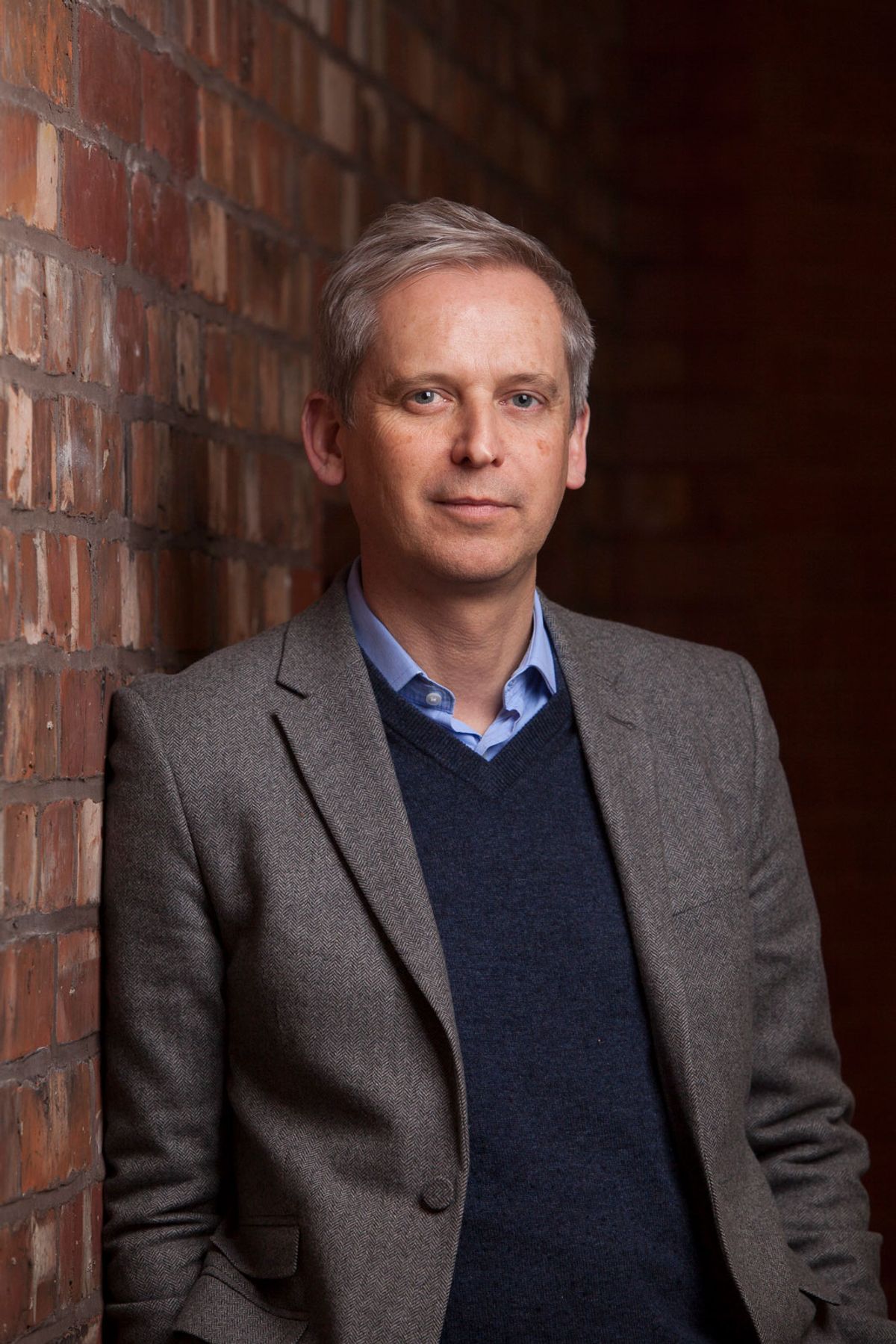Alistair Hudson, the former director of the University of Manchester’s Whitworth Art Gallery, has been appointed as the new artistic-scientific chairman of Zentrums für Kunst und Medien (ZKM) in Karlsruhe, Germany.
Hudson, will assume his new role on 1 April 2023, taking over from Peter Weibel. ZKM is regarded as one of the most important and unique cultural institutions in Germany. It was founded in 1989, six years after the birth of the internet, by Heinrich Klotz, a former professor of art history at the University of Marburg. Klotz wanted ZKM to be the first “digital Bauhaus”—a museum that was capable of tracking how classical arts melded with the burgeoning digital age. Weibel, who has headed ZKM since 1999, calls the museum the “Mecca of media arts” for the way it “unites artistic concepts with future-oriented technologies”.
“It is a real honour to be able to take on this role at ZKM, which has established itself as one of the principle cultural institutions in the world right now,” Hudson says in a statement. “Most of all, I see it as one of the most relevant centres of the arts and sciences, carving out new horizons as the world changes with exponential speed.”
Hudson joined the Whitworth from the Middlesbrough Institute of Modern Art in 2018, replacing Maria Balshaw who left to become the director of Tate. Hudson was allegedly asked to leave his role at the Whitworth in February 2022 after the gallery hosted an exhibition of work by the investigative agency Forensic Architecture, titled Cloud Studies and first displayed in July 2021.
Controversy centred around a pro-Palestinian statement contained within the exhibition under the title Forensic Architecture stands with Palestine. The furore prompted national headlines and widespread expressions of support for Hudson from colleagues, artists and museum directors around the world.
Forensic Architecture’s solidarity statement included the passage: “We believe this liberation struggle [of the Palestine people in Israel] is inseparable from other global struggles against racism, white supremacy, antisemitism, and settler colonial violence and we acknowledge its particularly close entanglement with the Black liberation struggle around the world.”
Criticism of the statement was headed by UK Lawyers for Israel, a pro-Israel British activist group that accused Forensic Architecture, Hudson and the Whitworth of exhibiting “factually incorrect and dangerously one-sided” information about the Israeli conflict in the Gaza Strip and elsewhere in the region. The statement also accused Forensic Architecture of making “inflammatory misrepresentations regarding the recent Israeli military action in Gaza”.
UK Lawyers for Israel listed a number of ways in which Forensic Architecture had misrepresented the reality of the conflict in the Palestinian territories, and took issue with the way the agency compared the plight of the Palestinian people to that of the global Black experience during slavery. In response, Forensic Architecture refuted the charges of inaccuracy in their work.
“All members of Forensic Architecture are shocked and enraged at this blatant punishment and vengeful attempt to suppress solidarity with Palestinians who continue to face violent human rights abuses and apartheid by Israel in Palestine and beyond,” the agency said in a statement posted on Twitter.
UK Lawyers for Israel also called for “appropriate disciplinary action” to be taken against Hudson who, despite overseeing “obvious inaccuracies” in the exhibition, had assured Nancy Rothwell, the vice chancellor of University of Manchester, that he had independently established the accuracy and legalities of the work presented. UK Lawyers for Israel say that a Freedom of Information request submitted by the group found no such investigation had been made by Hudson. The university, the group claim, responded to their Freedom of Information request with: “The University has now had the opportunity to consider your request and I can confirm that no recorded information is held relevant to the specific points raised in your request.”
The Manchester Jewish Representative Council, North West Friends of Israel and the Manchester Zionist Central Council also made complaints to the gallery regarding the Cloud Studies exhibition. The exhibited statement was subsequently removed and Rothwell publicly apologised before Hudson’s departure was announced.
Hudson’s position prompted a public endorsement from the International Committee for Museums and Collections of Modern Art (CIMAM). “It speaks to the silencing of dissent by pressure groups with capital and influence,” the CIMAM statement read. “By bowing to such external pressure, the university has compromised the gallery and, by extension, spaces like it, setting a dangerous precedent for any attempts to platform marginalised voices and to speak truth to oppressive, violent powers.”
An open letter released by more than 100 staff members of the University of Manchester also protested against the decision to push Hudson out. “It is damaging and dangerous that the University of Manchester supported the idea that a statement against Israel’s war crimes against the Palestinian people was an act of antisemitism,” the letter read.
Hudson’s appointment at the German institution comes shortly after the forced resignation of Sabine Schormann, the director of the Kassel-based German arts festival Documenta, amid separate antisemitism accusations. Schormann resigned after the 15th edition of the festival received widespread criticism for an exhibition of Indonesian work which used antisemitic tropes.
Commenting on behalf of the University of Manchester, Nalin Thakkar, the vice president for social responsibility, says of Hudson: “I would like to thank Alistair for all his creative work at the Whitworth and recognise the profound impact of that work on our University and its broader communities. Under Alistair’s leadership, the Whitworth has played a central role in allowing for diversity of perspectives and views and using art for positive social change.”


